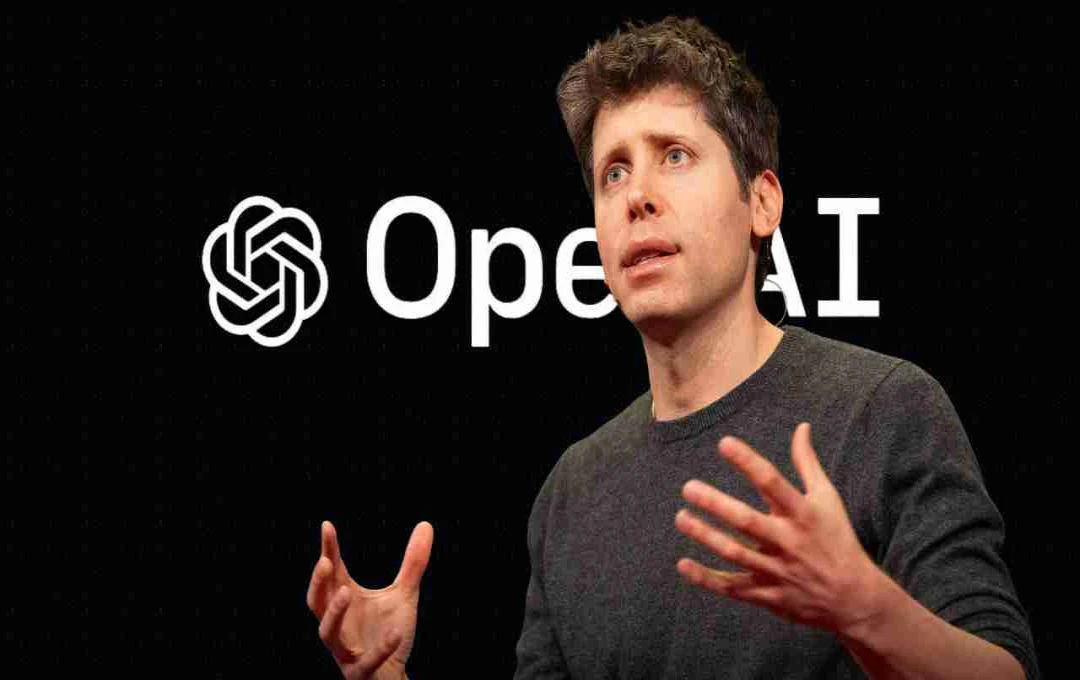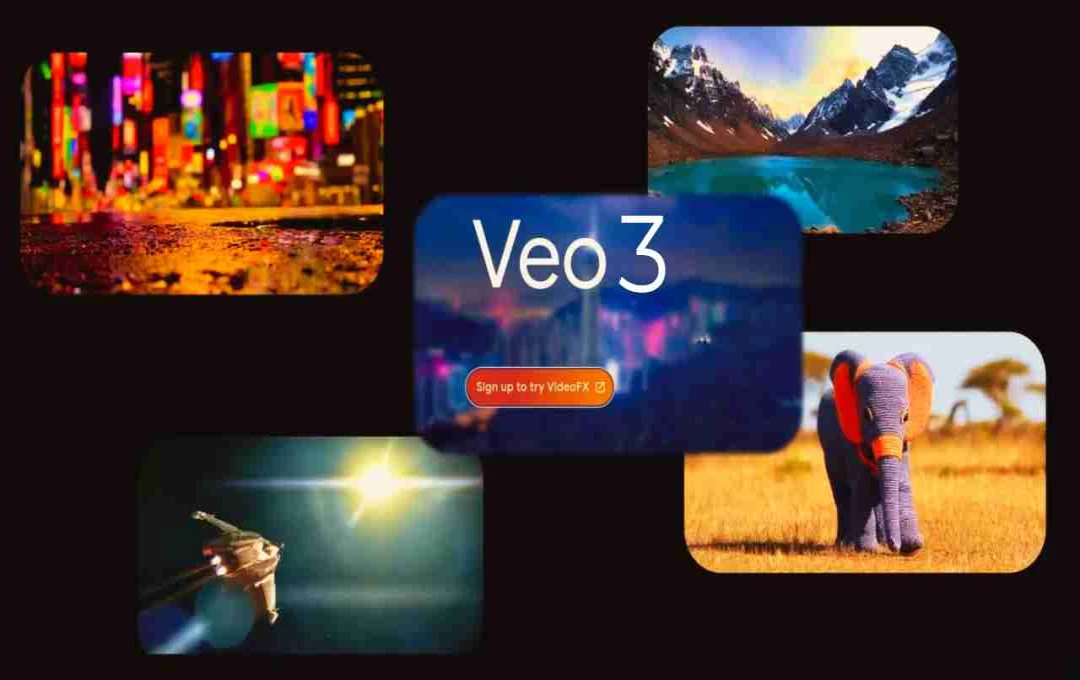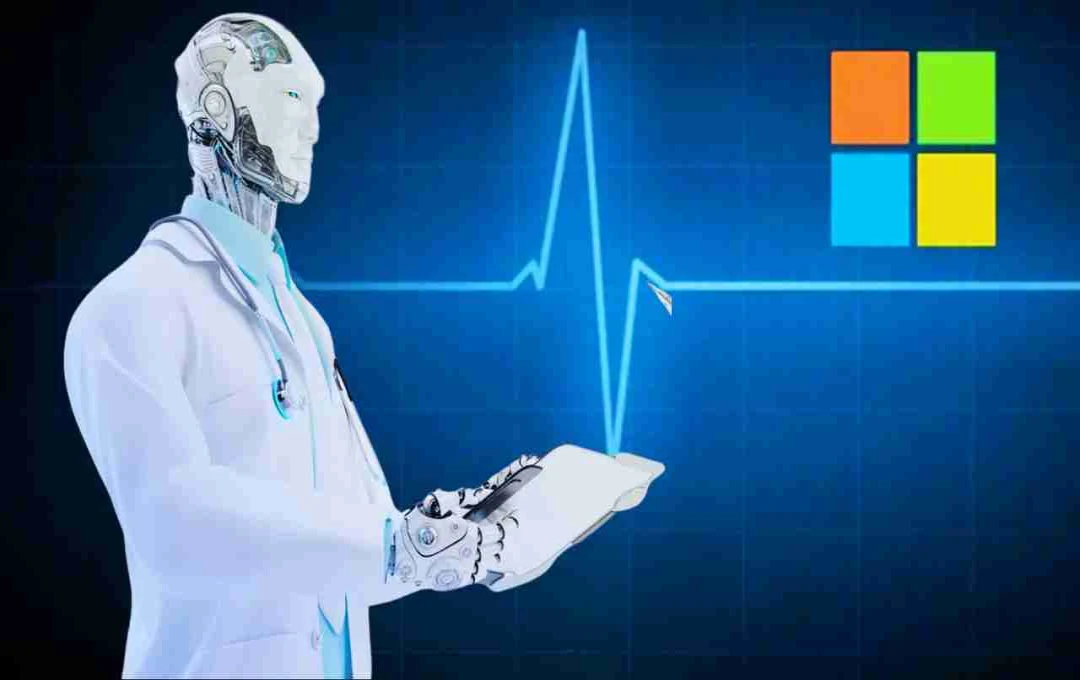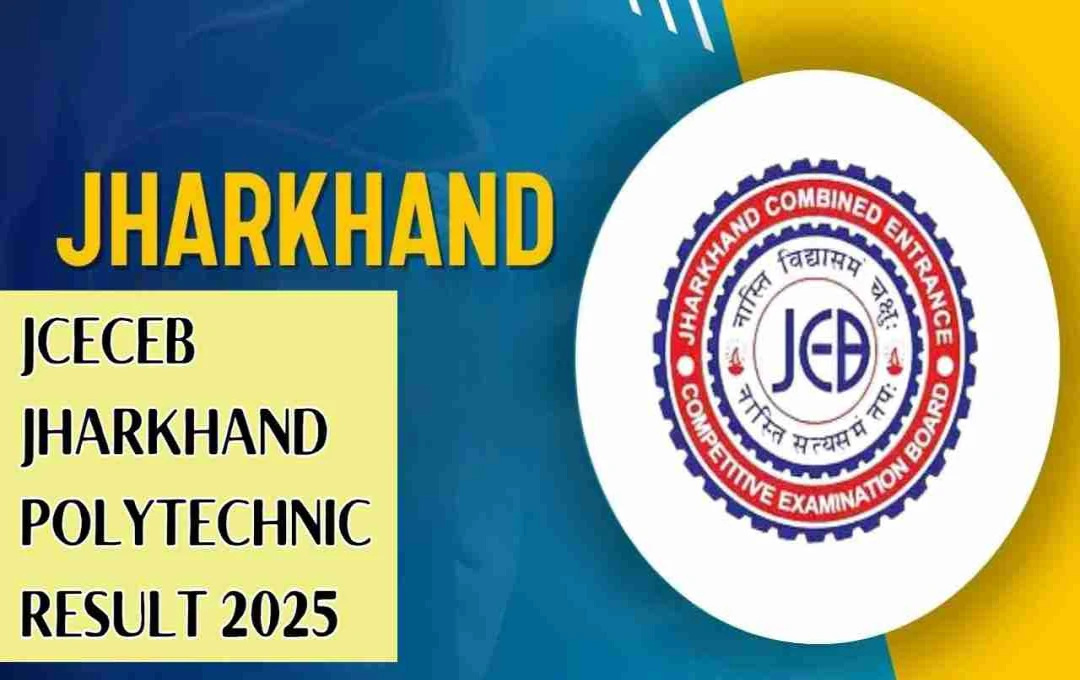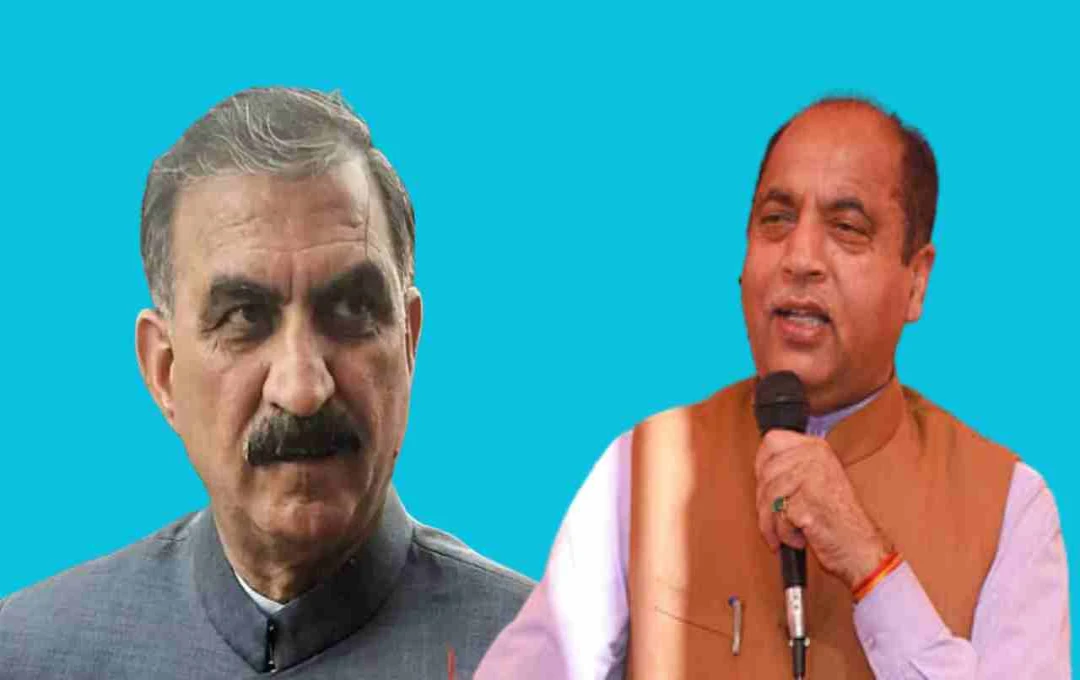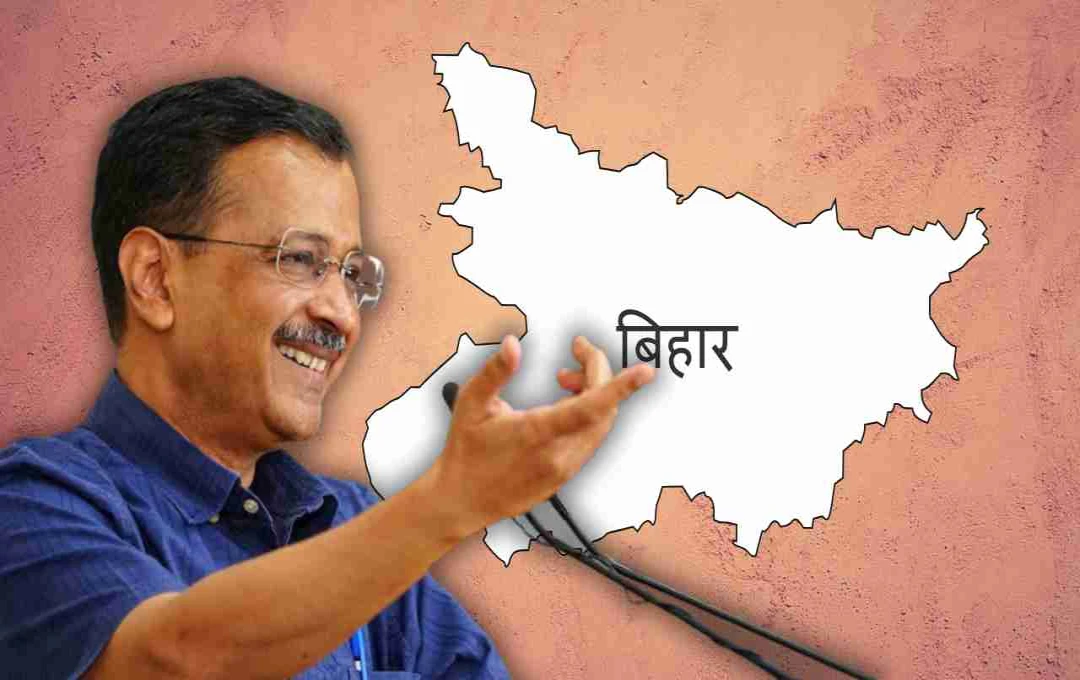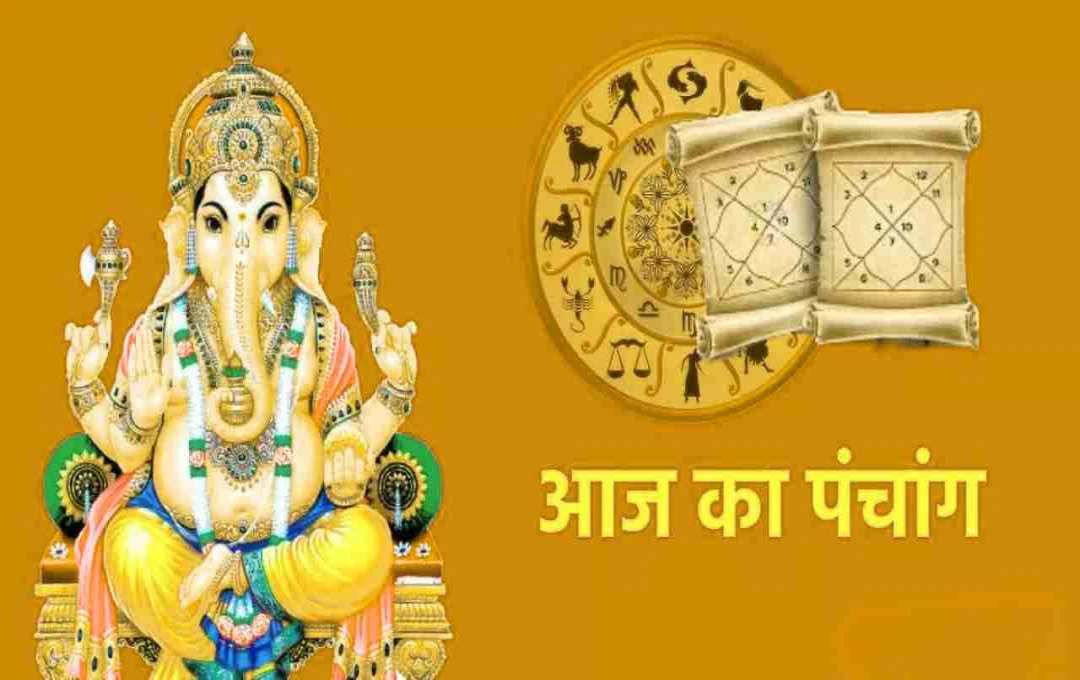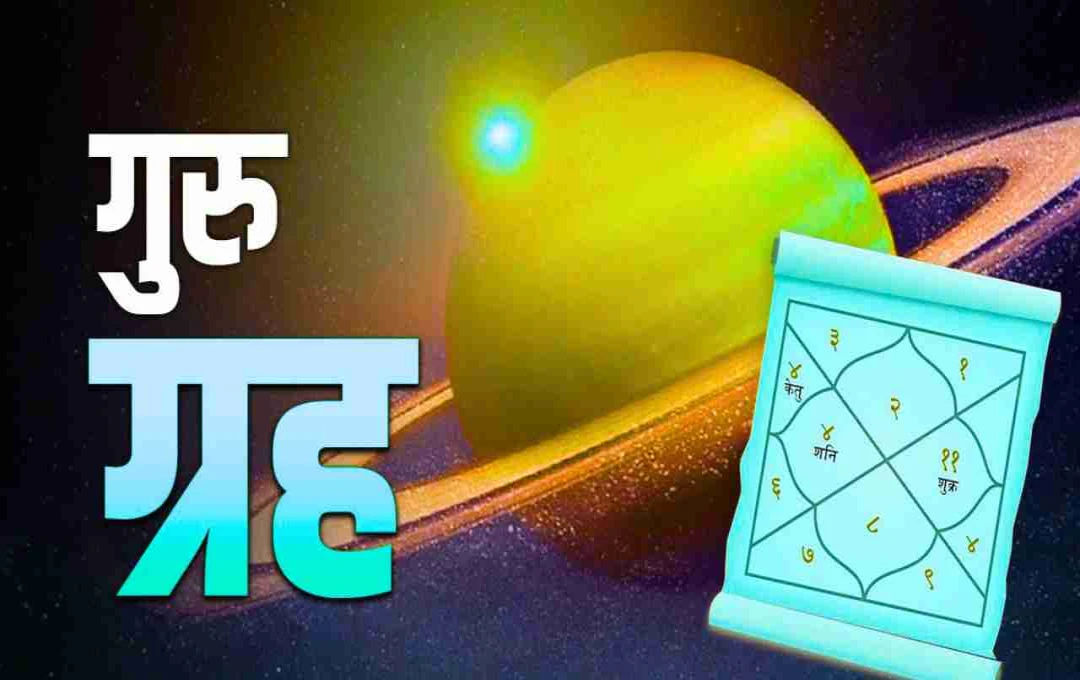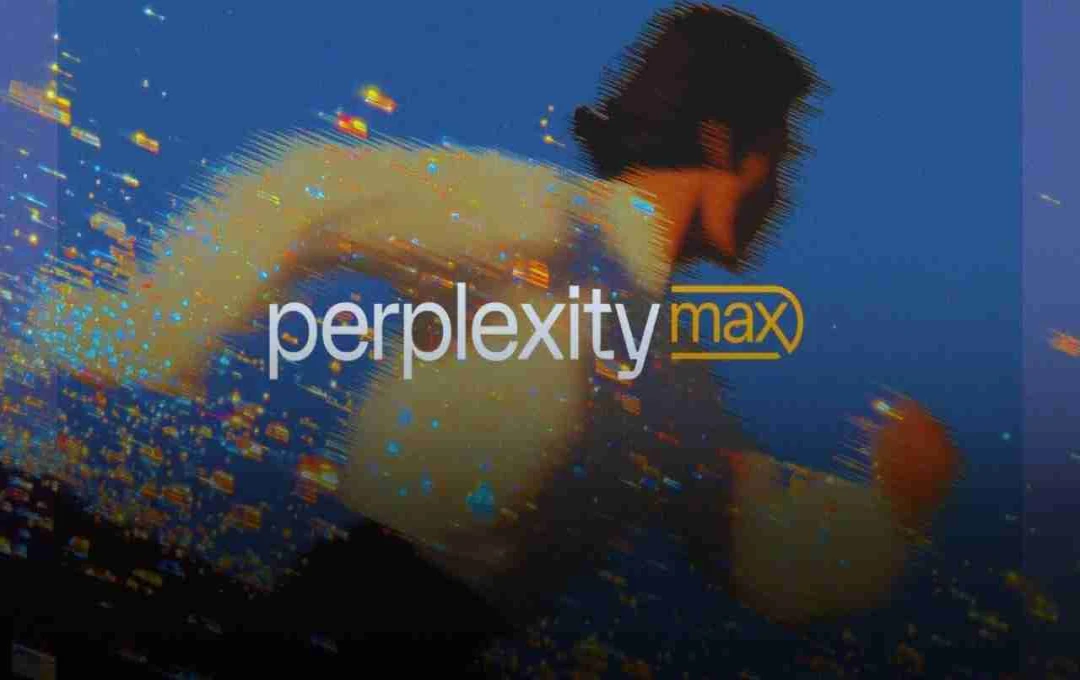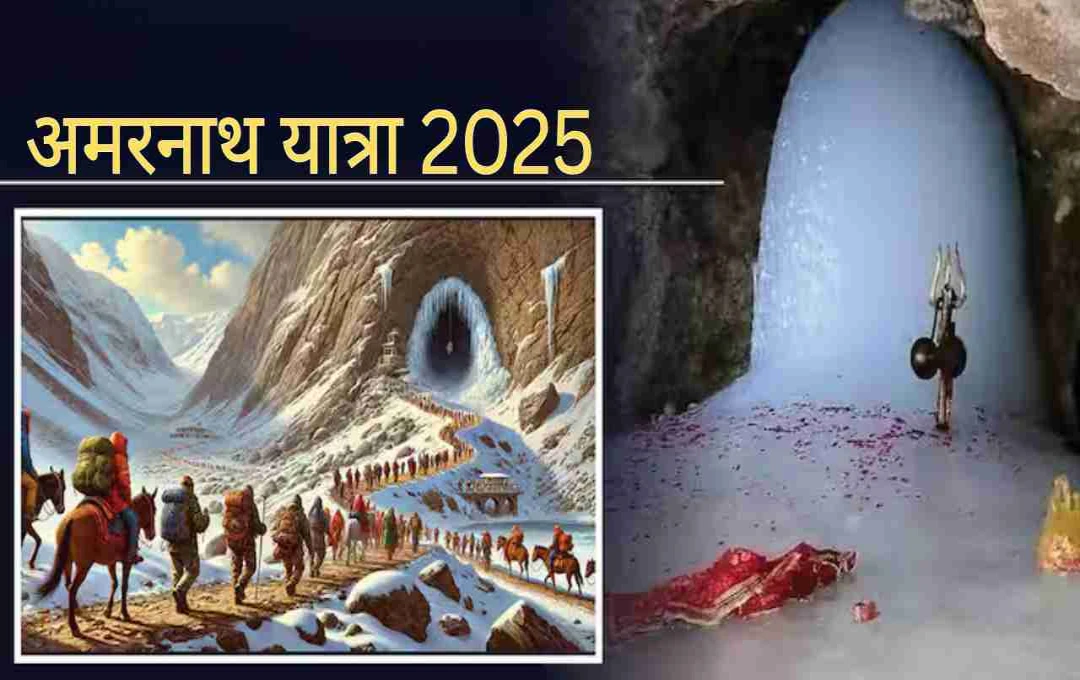OpenAI CEO Sam Altman has warned against blindly trusting ChatGPT, as it can sometimes provide incorrect information with confidence. Fact-checking is essential when using it.
Sam Altman: In the world of artificial intelligence, OpenAI's ChatGPT is on everyone's lips today. Whether it's for preparing professional reports or getting health tips from home—people have made this AI tool an important part of their digital lives. But in the meantime, a statement from OpenAI CEO Sam Altman has emerged that has put every ChatGPT user in a quandary. He has clearly stated that 'ChatGPT is a technology, not a human—therefore, blindly trusting it can be dangerous.'
The Growing Craze for AI, But to What Extent?
AI tools have created a new revolution in the last few years. Content writing, coding, translation, education, and even suggestions for raising children are being taken from tools like ChatGPT. People have started considering these tools as advisors, guides, and teachers. But now, the head of the very company that introduced this technology to the world has issued a warning.
Sam Altman's Warning: Trust is Necessary, But Limited
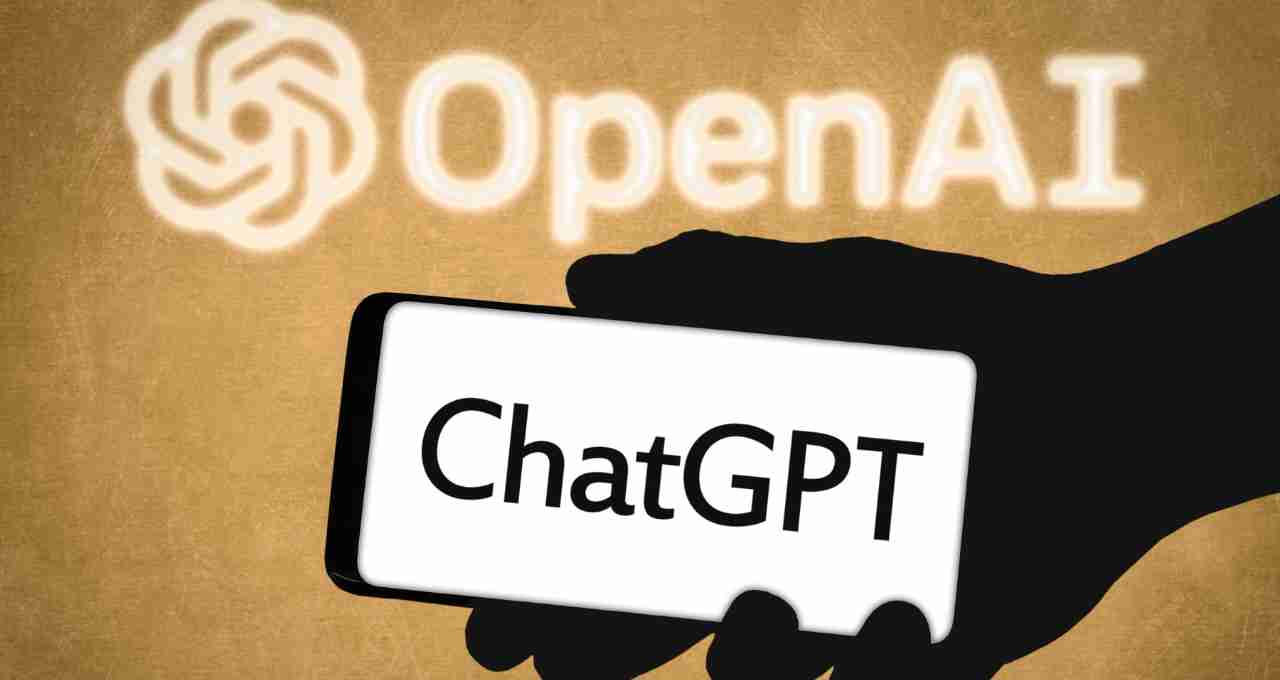
Speaking recently on the official OpenAI podcast, Sam Altman said that, 'People's excessive reliance on ChatGPT is a matter of concern. People forget that this is a machine, whose job is to help humans, but that doesn't mean it's always right.'
He said that ChatGPT sometimes provides completely incorrect information with great confidence, and this is the biggest danger. Therefore, do not blindly accept any information received from this AI tool as true, but rather check it with other reliable sources as well.
Understanding the Limits of AI is Essential
Altman emphasized that ChatGPT or any generative AI 'does not understand the world like humans do.' These tools 'hallucinate,' meaning they create responses based on imagination, which may seem true but lack underlying truth.
This can be particularly dangerous when a user asks the AI for medical advice, legal suggestions, or financial decision information and accepts it as is, acting upon it.
Stories are Built Based on Prompts
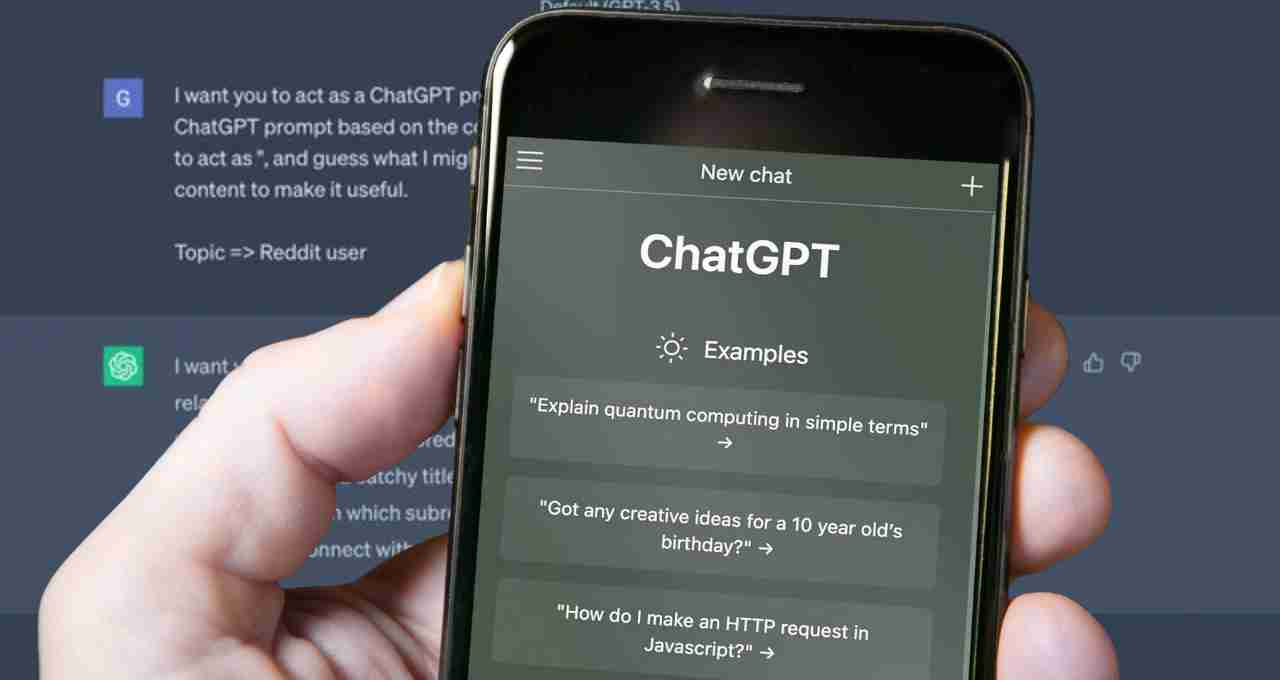
The specialty of AI models is that they generate output based on the input (prompt) you provide. But it becomes difficult to distinguish which information is real and which is AI's imagination. This is why Altman's statement is being taken as a warning, especially for those who have started considering ChatGPT as an expert in every subject.
What Should Users Do?
After this clear advice from Altman, users now need to be cautious. Consider ChatGPT as an assistant, a suggestion-giving tool, but before making a final decision, it is necessary to seek the opinion of a human expert or check reliable sources.
Here are some suggestions:
- Cross-check the information from ChatGPT.
- Consult a human expert in important matters.
- Do not completely rely on AI in sensitive matters like health, finance, and law.
- Take ChatGPT's responses as a starting guide, not as the ultimate truth.
The Future of AI: The Need for Responsible Use
AI is developing rapidly, and its capabilities may become even more advanced in the future. But for this, it is necessary that we see it as an assistive technology, not as an omniscient solution. If we use it thoughtfully and with limitations, this technology can become humanity's greatest helper.
